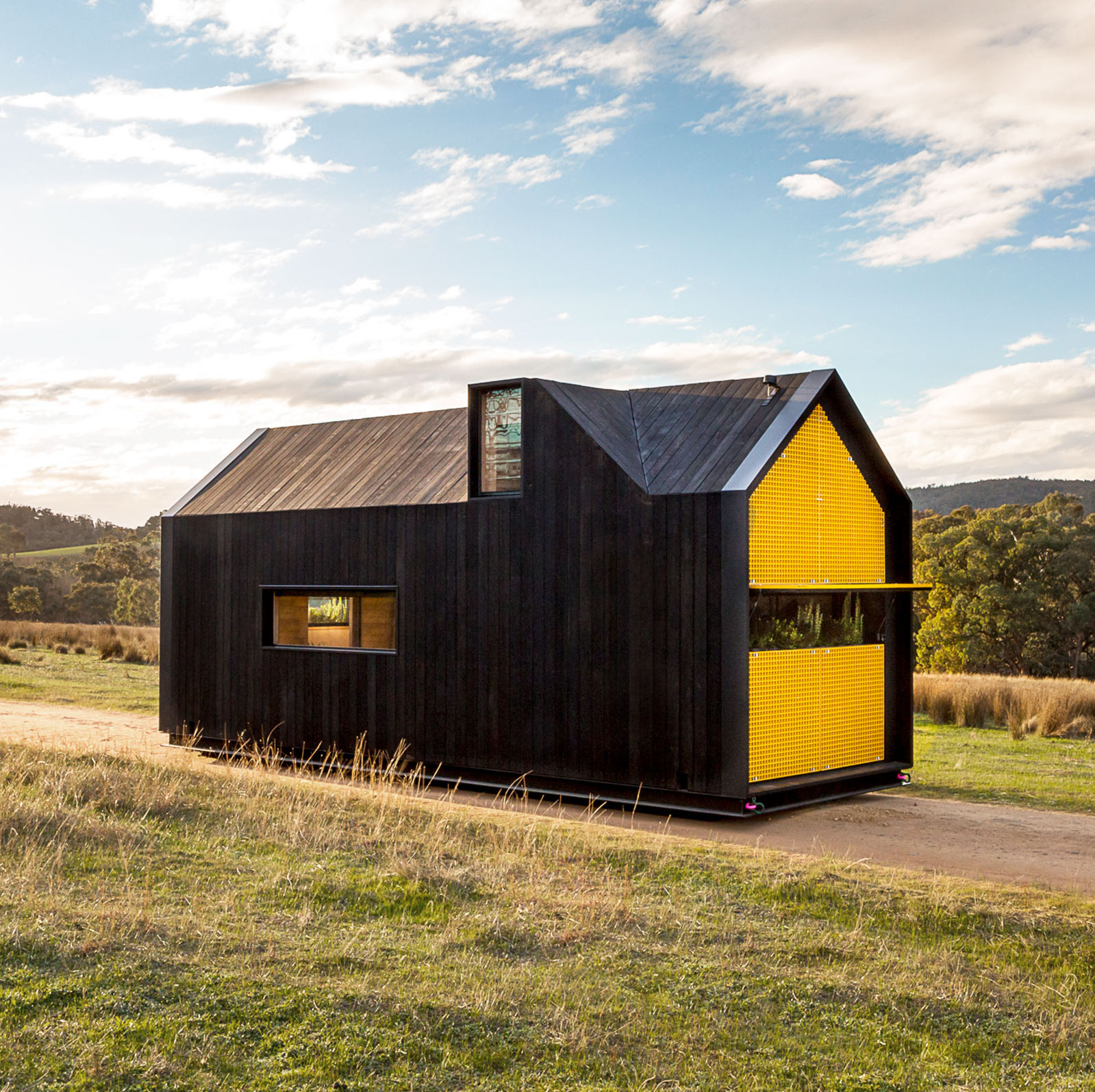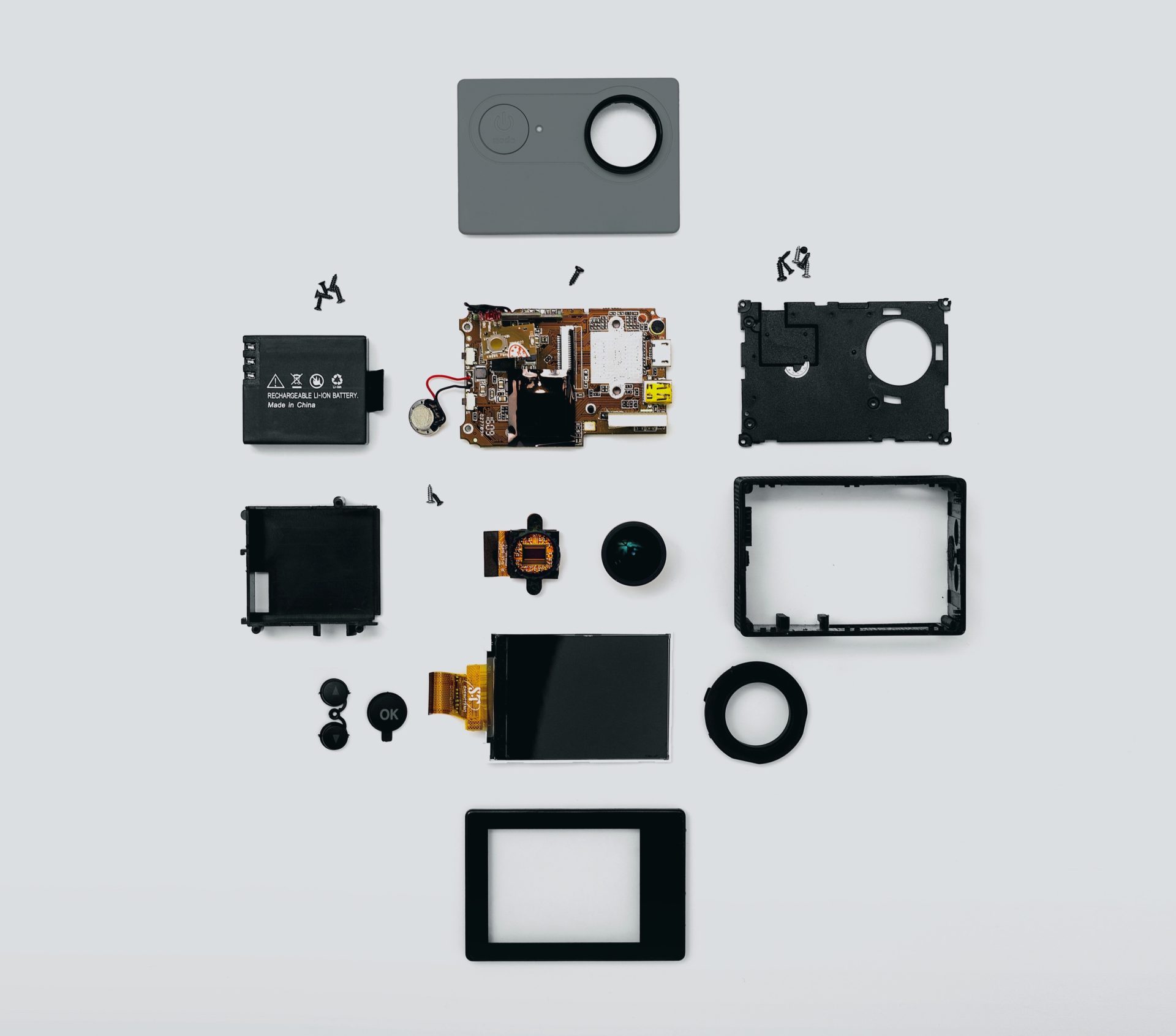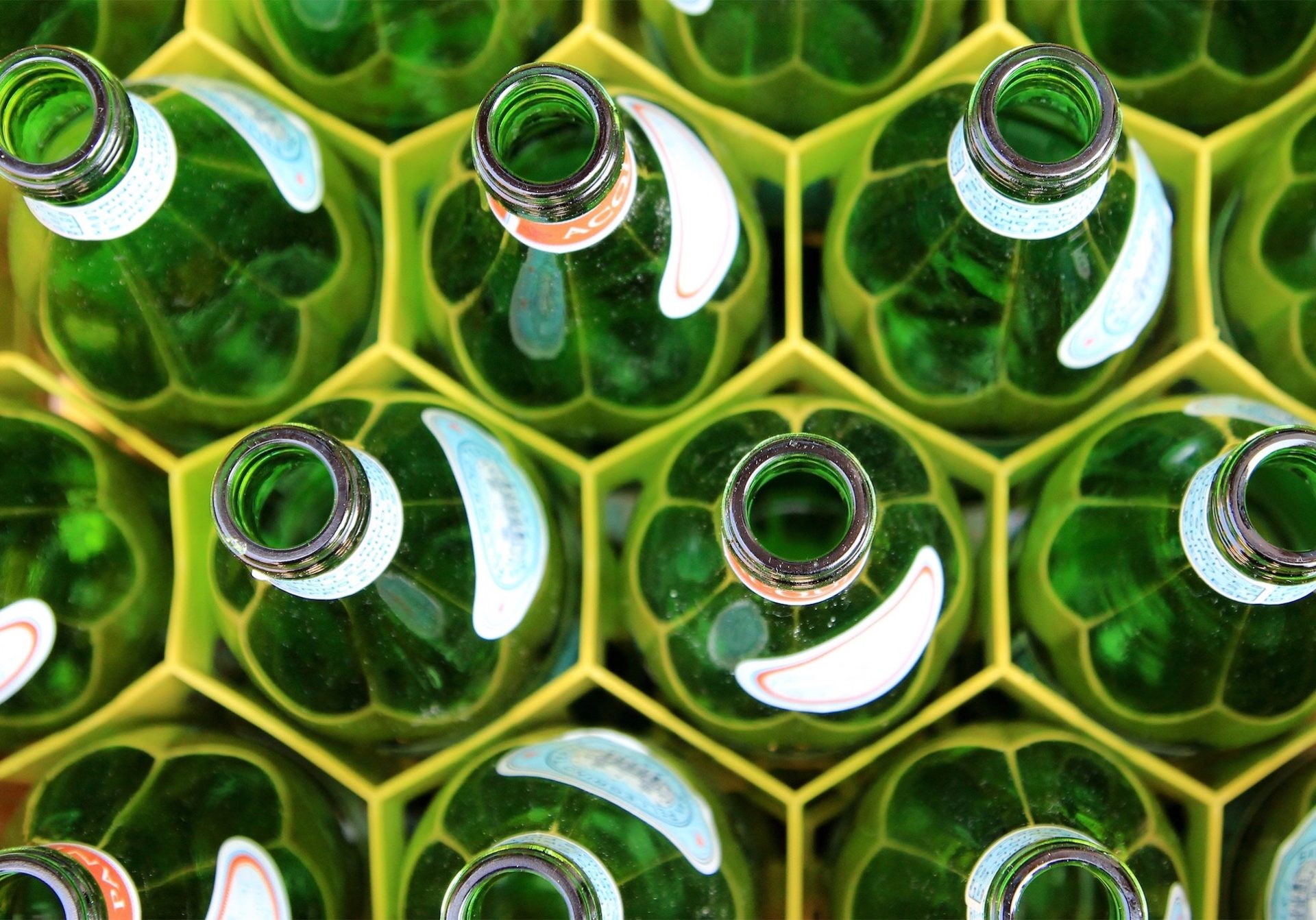Tiny homes, runway crops and the war on e-waste
TGL News

Tiny homes have been rising in popularity of late as house prices soar, the trend towards minimalism gains traction, and we become more conscious of our individual footprint. A great example of a tiny home, that includes a contribution from Greenlister Paarhammer, has been travelling around Victoria and will be on show at the Golden Horseshoes Festival in Beechworth, Victoria, from this Friday to Sunday 21 April 2019.
The house, designed by Grand Designs Australia host and architect Peter Maddison in partnership with the Royal Automobile Club of Victoria is known as the RACV Tiny Home and is a great sustainable exemplar of what a tiny house can offer in terms of affordability, stye and comfort in partnership with
It features natural and eco friendly materials, including high-efficiency solar panels, water tanks, double glazed windows and a bi-fold door by Greenlister Paarhammer.
All up, the tiny house weighs just 7.5 tonnes and covers 18.75 square metres with a head space of 3.6 m, allowing it to fit on the back of a truck to be transported across Victoria.
To find out where the RACV Tiny Home will be off to next, check out the RACV website
Sustainability is easier when we work together
Greenlister dsquared consulting has engaged the expertise of sustainable auditor and fellow Greenlister Conversio on its journey to sustainability.
Working together, dsquared was the first small to medium enterprise in South Australia to become National Carbon Offset Standard (NCOS) certified, “and by far have the smallest carbon footprint of any certified carbon neutral organisation in Australia,” they said.
The NCOS is a recognised sign that the company is able to manage its greenhouse gas emissions and operate with carbon neutrality. dsquared documented this journey, releasing it here as a Roadmap for becoming NCOS certified for others to use as a guide.

Lift off temperatures kept down

While part of Greenlister Conversio’s work is to help airports such as Perth, Hobart and Chirstchurch cut carbon emissions, Adelaide Airport is trying something a little left of centre. It’s been quietly growing crops by the side of its runways for the past three years.
The idea behind the trial run cooperatively with SA Water is to keep temperatures down, reducing terminal cooling costs and improve liveability conditions in the airport’s surrounds, we’ve learned from the 202020 program, which is an initiative of Greenlister Republic of Everyone.
“The extensive hard surfaces and cleared land around airports means they can often become heatsinks,” said SA Water environmental opportunities manager Greg Ingleton, “which has impacts on both terminal and airside operations that need to be managed.”
Ingleton said this world’s first trial has potential applications in other airports around Australia and internationally. So far it has led to a reduction of average ambient air temperature of three degrees celsius on warm days.
However, if you’re worried that the crops will end up on your table, rest assured that we understand the crops will be grasses that can be sold as stock freed.

War on E-Waste
Since the National Television and Computer Recycling Scheme came into affect in 2011, 291,280 tonnes of TV and computer e-waste has been collected and recycled. And that’s just a fraction of the e-waste generated by Australians, as we’ve detailed in our reporting of e-waste in the past.
To tackle the growing issue, an independent think tank called Ewaste Watch was officially launched by Craig Reucassel, presenter of the ABC TV series War on Waste, at the UTS Institute for Sustainable Futures last week.
Ewaste Watch will “act in the public interest… in response to the sluggish pace of regulatory and industry action”. Director and co-founder Rose Read says it will inform, educate, engage and activate key stakeholders across the electronics life-cycle from design and manufacturing through to retail, government and the general public.
Ewaste Watch will continue to work collaboratively with UTS’s Institute for Sustainable Futures as well as other industry brands and bodies. We’re excited to see Greenlister PonyUp for Good is part of the project.

Sustainable sips

Last week we reported spirits brand Pernod Ricard’s pledge to cut down all landfill bound packaging by 2030.
This week, Diageo, the UK brand behind Guinness Harp, Rockshore and Smithwick’s beers has joined the rise in sustainable efforts by drinks companies, announcing this week it will remove all plastic from its multipacks.
This will see the brand swap out all plastic can holder rings and shrink-wrap for 100 per cent recyclable and biodegradable materials in its home country of Ireland this August, expanding the efforts globally by 2020.
A number of other beverage brands are taking steps to improve their package sustainability, with Corona trialing plastic free, biodegradable six packs in Mexico, Cascade cutting plastic from its packaging altogether, and Greenlister Young Henry’s encouraging customers to reuse its “growlers” and stick to lower footprint aluminium cans.
Follow us on social media to get the latest
Facebook | Instagram | Twitter | LinkedIn







